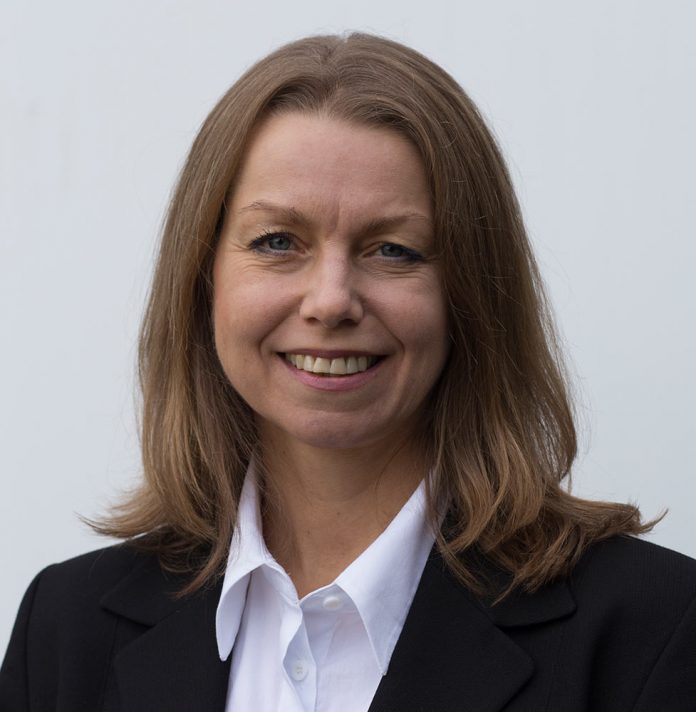THE NDP on Wednesday noted that BC Liberal Leader Andrew Wilkinson referred to individuals fleeing domestic and sexual violence as “people who are in a tough marriage.”
In Tuesday’s Throne Speech, the BC NDP government pledged to provide five days of paid leave to people leaving domestic and sexual violence.
Asked about the speech, Wilkinson said on Wednesday: “Well it’s a huge disappointment because there is absolutely nothing in it… they talked about rural policing, and they talked about five days pay for people who are in a tough marriage and that’s it.” (Audio)
Parliamentary Secretary for Gender Equity Mitzi Dean says Wilkinson’s comments show that he doesn’t understand the realities of the people facing this violence.
“Andrew Wilkinson should know that people who live the reality of domestic and sexual violence are not just experiencing a tough marriage,” said Dean. “His out of touch comments diminish the devastating violence that too many people in our province face every day.”
Dean is calling on Wilkinson to apologize and retract his statement.
“Hearing Andrew Wilkinson dismiss this violence is disturbing,” said Dean. “He should apologize immediately to the people who have experienced domestic and sexual violence.”
The NDP went on to point out facts about domestic and sexual violence:
- IPV is the most common kind of violence experienced by women (45 per cent of all female victims aged 15 to 89).
- Of the 945 intimate partner homicides which occurred between 2008 and 2018, a large majority (79 per cent) involved female victims. Most female victims of intimate partner homicide were killed by a current or former legally married or common-law husband (73 per cent), and boyfriends were responsible for the other quarter (56 per cent) of female victims’ deaths.
- Indigenous women in Canada experience higher rates of DV compared to non-Indigenous women and disproportionate rates of domestic homicide. Domestic homicide rates among Indigenous people were twice the rate among non-Indigenous population.
- There were more police-reported sexual assaults in Canada in 2017 than in any year since 1998, with the number of reports peaking in October 2017, when the #MeToo social media movement went viral.
- In 2016 and 2017, over half (55%) of sexual assault victims were females under 25 years of age.













